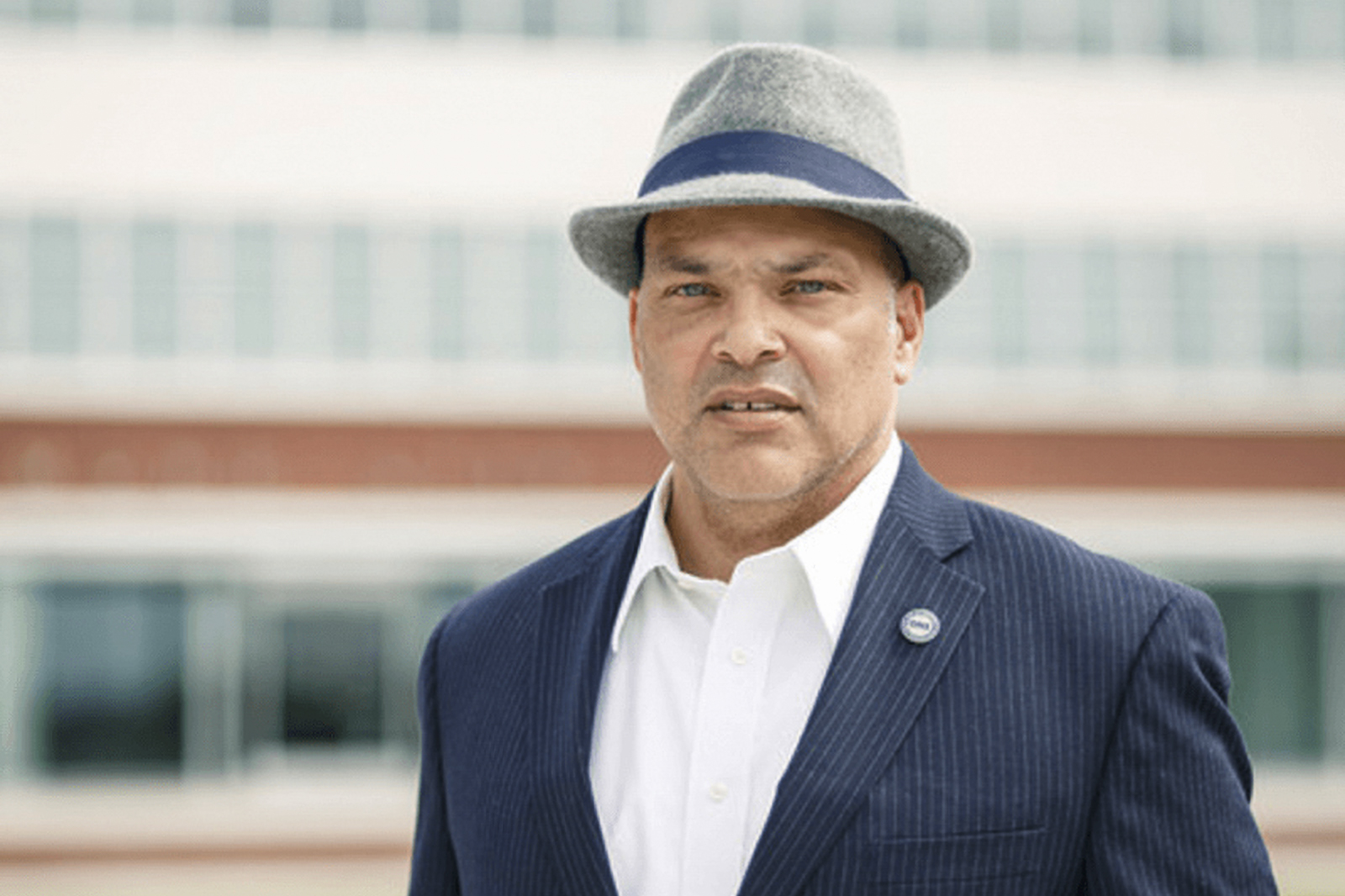What To Know Today
NEW from THE TRACE: New York to spend $1 million piloting Advance Peace, a violence prevention program that uses financial incentives. The city will launch in a precinct in each borough and pair fellows, or young people deemed at-risk for being involved in gun crime, with formerly incarcerated mentors. Other cities that have implemented Advance Peace pay fellows a stipend of roughly $1,000 per month, as well as bonuses for meeting agreed-upon goals like getting a driver’s license or passing the GED. Mentors will begin training this month, and fellows will enroll in the program later this fall. The pilot is being administered by the Mayor’s Office of Criminal Justice, which oversees myriad anti-violence programs that have grown in response to a surge in gun violence. “I [see] Advance Peace as an opportunity to put our money where our mouth is, investing in people who have been disinvested for generations,” said K. Bain, the executive director of a violence prevention nonprofit who is also helping coordinate Advance Peace with City Hall. Champe Barton has more on the program, and its challenging rollout, here — a partnership with The City.
NEW from THE TRACE: Two sides of a California shooting — and the friends it unwittingly connected. In 1994, Tashante McCoy-Ham, then 15, was one of four people wounded in a drive-by shooting outside a high school dance in Stockton, California. Nearly two decades later, she learned that two people she’d grown close to were also connected to the shooting: Her fiance was in the backseat of the car, and his best friend, Deion Short, had been driving and later served time over the incident. In a partnership with HuffPost, Ann Givens spoke with both Short and McCoy-Ham, who shared how the incident changed them and how gun violence had been so dangerously normalized in their community. “There’s always a deeper story about how people become who they are,” she said.
Black former ATF agent says David Chipman falsely accused him of cheating on a job promotion assessment. In an interview with The Reload, the unnamed agent alleges that Chipman, the president’s choice to lead the Bureau of Alcohol, Tobacco, Firearms and Explosives questioned the agent’s responses on a test. The agent says he believes Chipman’s comments were racially motivated. “I believe it had to have been a bias. My answers were just ‘too good.’ And my thought is he just said, ‘this Black guy could not have answered this well if he wasn’t cheating.” A Department of Justice spokesperson confirmed that Chipman alleged that an agent had cheated on an assessment test in 2007 and that the case spawned an inspector general probe. While the DOJ hasn’t released the findings of the probe, the spokesperson denied claims of racial bias by Chipman. The agent in question told The Reload the investigation had cleared him from cheating. Related from The Trace: Brian Freskos has more on Chipman’s stalled nomination, including the existence of two Equal Employment Opportunity complaints from ATF employees alleging discrimination by Chipman.
Permitless carry laws passed in Republican-held states despite police opposition. It’s been a banner year for passing laws eliminating licensing requirements for carrying guns in public. And in states like Louisiana and Texas, Republican lawmakers have done so in the face of opposition from traditional allies: the police. The executive director of the Louisiana Chiefs of Police Association said not knowing who might have a gun, and allowing people to carry with less training, heightens the potential for danger. Similar warnings rang out from Tennessee law enforcement to no avail. “There is something of a disjunction between repeating the political slogan of ‘back the blue’ versus supporting policies that rank-and-file police and leaders of police organizations actually support,” Robert Spitzer, a professor at The State University of New York-Cortland and author of “The Politics of Gun Control,” told the Associated Press.
Larry Krasner to host roundtable discussions with Philly youth affected by gun violence. As the city nears a single-year record for homicides, the progressive district attorney will host three events, beginning this afternoon, where he’ll listen to solutions to gun violence from 15- to 25-year-old Philadelphians. More than 30 children under the age of 18 have been fatally shot so far in 2021, WHYY reports. The idea for the sessions “came from people standing up in other town halls and saying, ‘We’re all talking to ourselves.’ People in their 40s, 50s, and 60s,” Krasner said. “We’re not talking to the people who can give us the most interesting information, the best ideas.” Related from The Trace: J. Brian Charles reported on how Krasner was facing headwinds on several fronts, including from some skeptical community members, before his reelection.
A city long painted as America’s murder capital is quietly bucking the national trend. Through last month, homicides in St. Louis were down 30 percent from last year. And while 2020 saw the highest numbers in five decades, the rates for this year are also trending below the previous five-year average. “The downturn in homicides in St. Louis is really quite striking,” Richard Rosenfeld, a criminologist who has been studying the country’s recent gun violence surge, told The St. Louis Post-Dispatch. “We’re now back at a pre-pandemic homicide rate.”
Data Point
At least 572 — the number of people with charges related to the Capitol insurrection after new arrests this week. [Program on Extremism at George Washington University]

